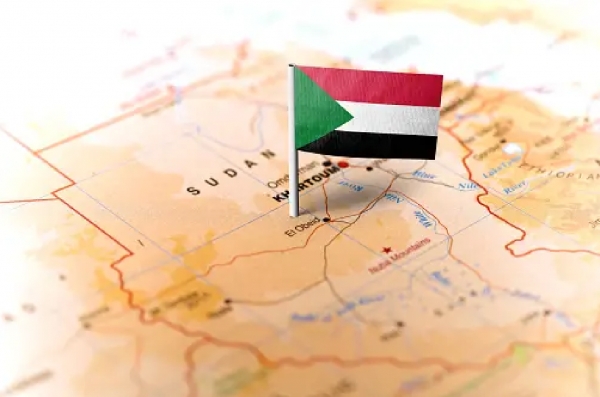As reported by Doctors without borders, over the past few months, people in Khartoum State, Sudan, have become increasingly cut-off from healthcare, in a context of ongoing fighting in the country.
Very few medical facilities remain functional, depriving three million people of lifesaving medical services.
“Despite the past exodus from Khartoum due to ongoing fighting, there are still a huge number of people who either could not afford to flee or were unable to do so due to vulnerabilities or insecurity, and who are now struggling to access critical treatment,” says Jean-Guy Vataux, MSF Head of Mission in Sudan.
In Khartoum, only a handful of hospitals are currently operational, and the price of essential medicines continues to soar.
MSF teams in the Turkish hospital receive over 100 patients a day, mostly children and pregnant women. Many arrive in a critical state at advanced stages of illness, having taken the calculated risk of travelling to the hospital. They sometimes have to travel for miles on foot and across frontlines, since there is no ambulance service and there are very few transport options available.
As reported by MSF, at Umdawanban hospital, there is no supply of oxytocin, an essential drug for many women during labour.
One of the staff describes traumatic scenes within the paediatric unit, as children with chronic diseases such as diabetes cannot find insulin and are often hours away from death when they finally reach the hospital.
"I recall a one-year-old child who was injured and lost his father from a bomb blast. He was in a critical condition but surprised us all when he recovered after two months of care in the trauma ward,” says Ammar.
“When the boy was discharged, his mother – now a widow – had nowhere to go and spent three days trying to find transportation out of Khartoum to join her relatives in Darfur.”
Particularly, declared the members of the staff team, mothers and children remain at risk, especially when they suffer from chronic conditions such as hypertension, thyroid problems, or epilepsy.
To know more, read:
https://reporting.unhcr.org/operational/situations/sudan-situation







